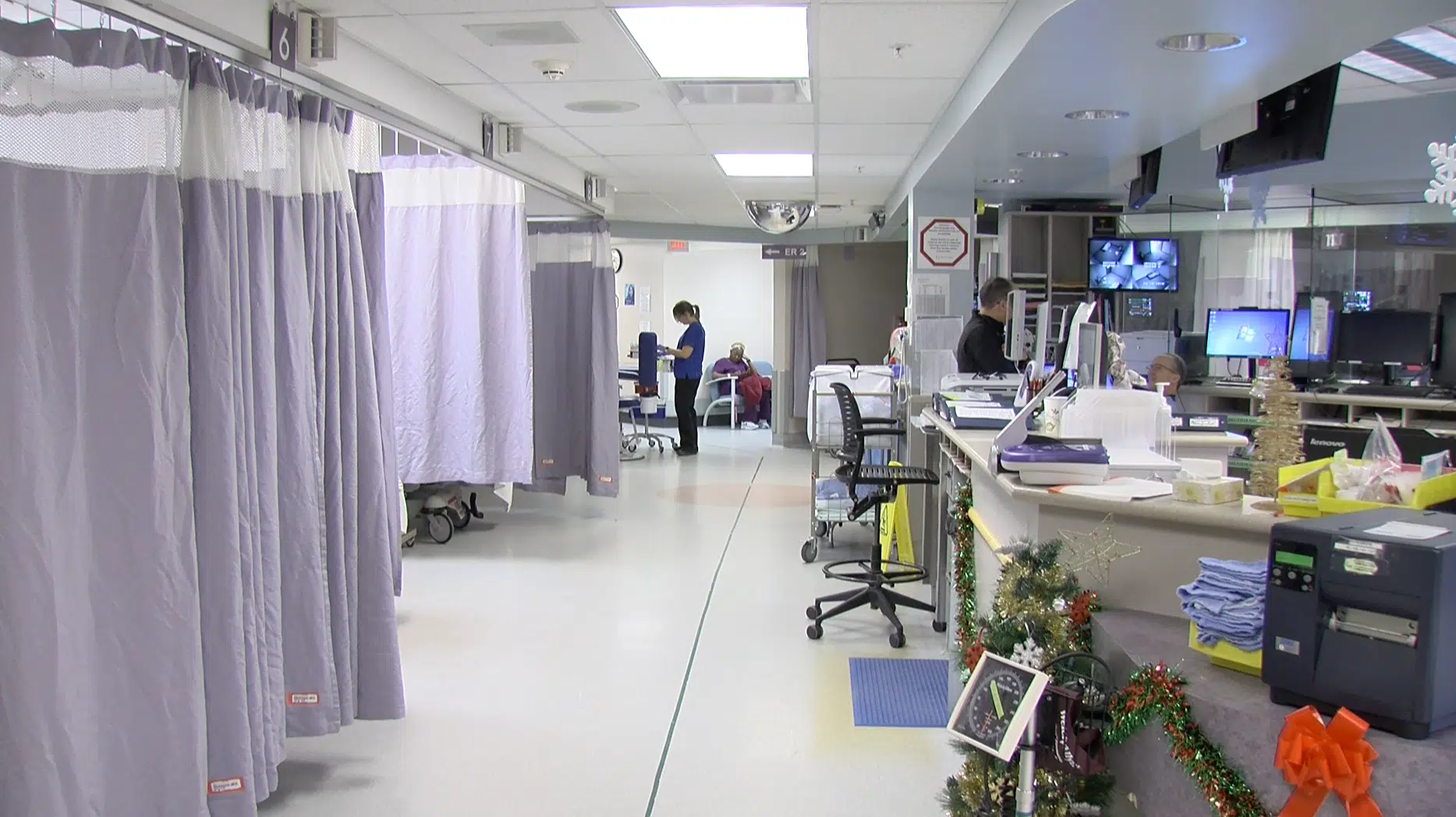
What you should do before visiting the emergency room in Kamloops
KAMLOOPS — A milder winter has resulted in fewer emergency room visits at Royal Inland Hospital. But the head of the ER in Kamloops says it can quickly shift if and when the temperatures dip before Christmas.
“We usually start getting a surge around this time as the colder weather moves in,” notes Dr. Henk Van Zyl. “We’ve had more colds and flus. People returning, a lot of people travelling this time of the year, so a little bit of an uptake but not as heavy as before. Our wait times are getting a little longer, though.”
With many family doctors closing their practices over the holidays, Dr. Van Zyl says people feeling ill may be inclined to go to the ER, even when the visit isn’t necessary.


